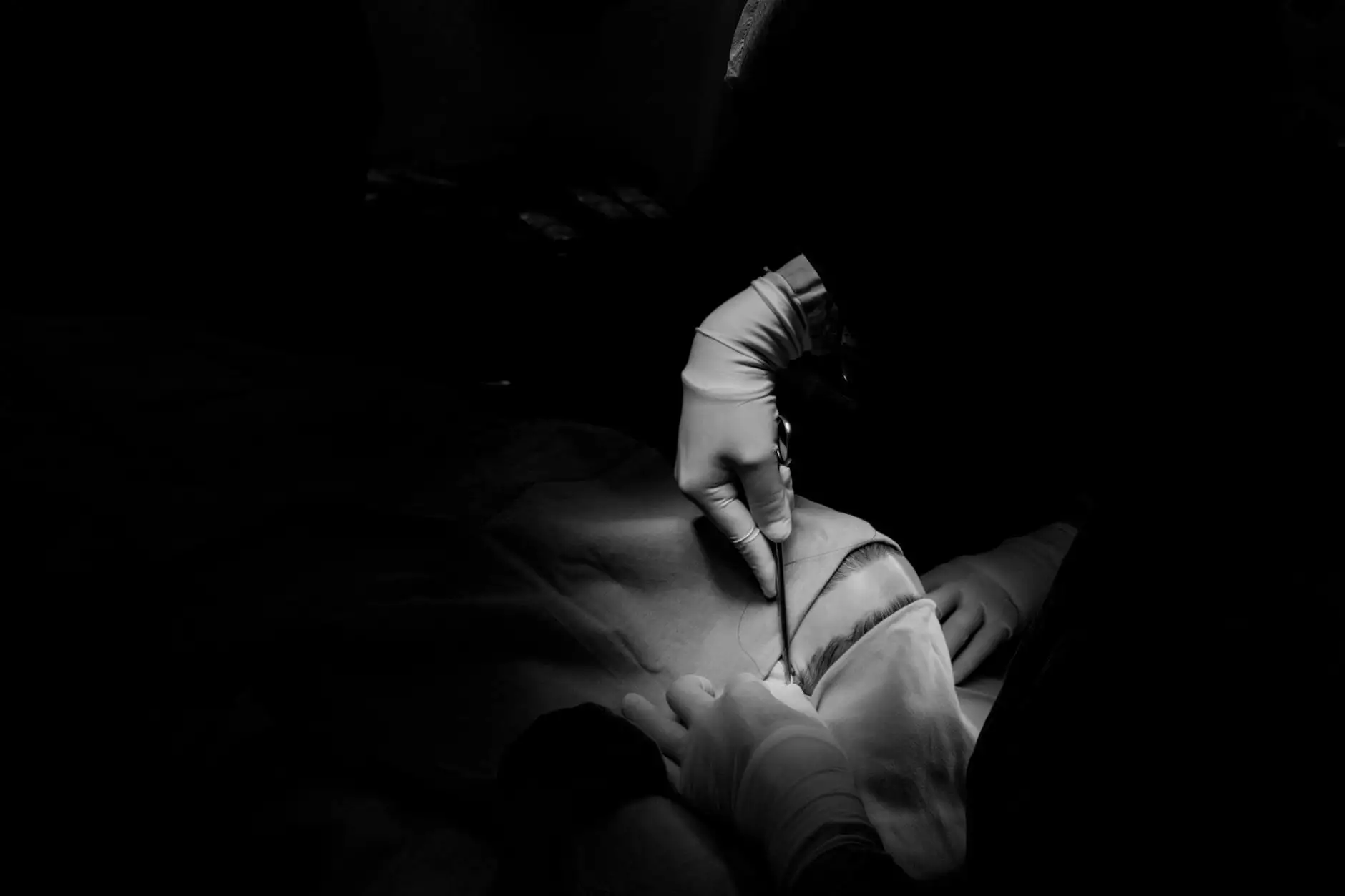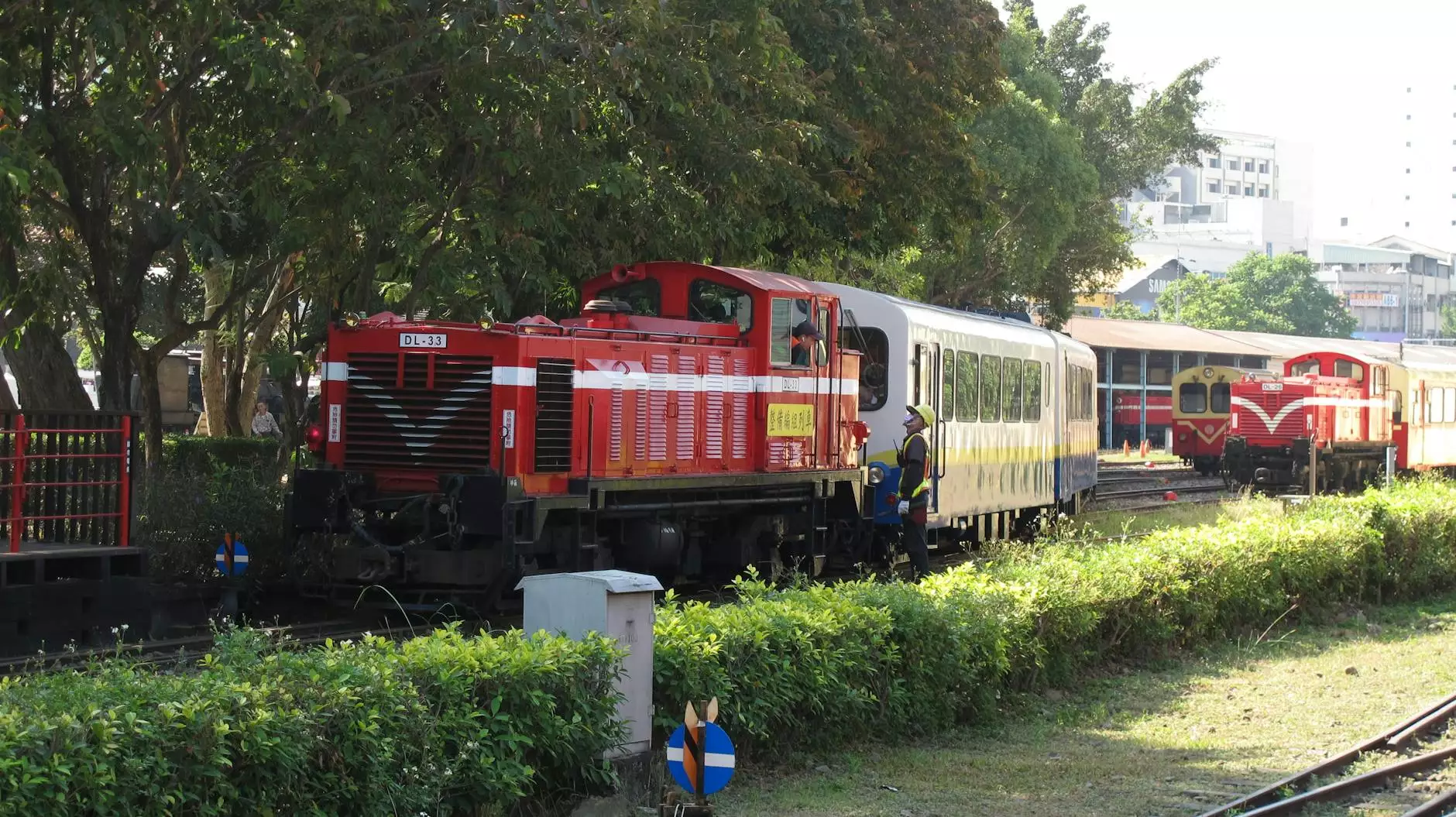Lung Nodule Surgery: Comprehensive Guide and Insights

Lung nodule surgery is a critical procedure that addresses the presence of lung nodules, which are small masses of tissue in the lungs that can raise concerns for patients and healthcare providers alike. Whether benign or malignant, the approach to managing lung nodules can vary greatly based on their characteristics, the patient's health, and overall preferences.
What Are Lung Nodules?
Lung nodules are small growths in the lung, usually less than three centimeters in size. They are often discovered incidentally during imaging studies, such as chest X-rays or CT scans, performed for unrelated reasons. While most lung nodules are benign, their presence necessitates further investigation due to the potential of malignant transformation. Common causes of lung nodules include:
- Infections (e.g., pneumonia, tuberculosis)
- Cancers (primary or metastatic)
- Inflammatory conditions (e.g., sarcoidosis)
- Benign tumors (e.g., hamartomas)
Indications for Lung Nodule Surgery
The decision to proceed with lung nodule surgery is influenced by several factors, including:
- Size of the nodule
- Growth rate of the nodule as determined by serial imaging
- Patient's age and overall health
- Presence of symptoms like coughing up blood, unexplained weight loss, or persistent cough
Healthcare providers employ guidelines, such as those from the American College of Chest Physicians (ACCP), to assess the risk of malignancy associated with individual nodules. Nodules that demonstrate concerning features are often subjected to surgical intervention.
Types of Lung Nodule Surgery
When it is determined that surgical intervention is necessary, several techniques may be available:
1. Video-Assisted Thoracoscopic Surgery (VATS)
VATS is a minimally invasive procedure that allows surgeons to access the lungs through small incisions. It offers numerous benefits, including reduced pain, shorter hospital stays, and quicker recovery times. During lung nodule surgery via VATS, surgeons use a camera to visualize the area and remove the nodule with precision.
2. Thoracotomy
For larger or more complex nodules, a traditional thoracotomy may be required. This involves a larger incision to gain better access to the lungs, allowing for comprehensive exploration and excision of the nodule. While this approach may be more invasive, it allows for greater visualization and potential removal of surrounding tissues if necessary.
3. Stereotactic Body Radiotherapy (SBRT)
In cases where surgery poses high risks, stereotactic body radiotherapy may be considered as an alternative treatment for malignant nodules. This non-invasive radiotherapy targets the nodule with high doses of radiation, aiming to kill cancerous cells while sparing surrounding healthy tissue. While not a surgical approach, it is critical in the overall management of lung nodules.
The Surgical Process: What to Expect
Understanding the surgical process can help alleviate anxiety for patients. Here’s a detailed breakdown of what typically occurs during lung nodule surgery:
Pre-Surgery Preparations
Before surgery, extensive preparatory steps are taken:
- Consultation: The surgeon discusses risks, benefits, and alternatives.
- Imaging: Further imaging studies, such as CT scans or PET scans, may be ordered to assess the nodule.
- Preoperative Testing: Blood tests, lung function tests, and imaging are completed to ensure patient readiness for surgery.
- Informed Consent: Patients must provide written consent after understanding the procedure's implications.
During Surgery
The surgical procedure, whether VATS or thoracotomy, generally involves the following steps:
- Anesthesia: General anesthesia is administered for optimal comfort.
- Access: Incisions are made as required to access the lungs.
- Resection: The surgeon identifies and removes the lung nodule along with a margin of surrounding healthy tissue if indicated.
- Closure: The incisions are meticulously closed, followed by monitoring in a recovery area.
Post-Operative Care and Recovery
After lung nodule surgery, recovery is a critical phase that requires attention to detail:
Immediate Post-Operative Care
- Monitoring: Vital signs are closely monitored to detect any early complications.
- Pain Management: Analgesics are administered to manage pain effectively.
- Respiratory Therapy: Patients may receive breathing exercises and therapies to prevent complications such as pneumonia.
Long-Term Recovery
The recovery process may vary by individual, but it typically includes:
- Follow-Up Appointments: Scheduled visits to monitor healing and recovery progress.
- Activity Restrictions: Patients are advised on activity limitations, especially in the initial weeks post-surgery.
- Education: Patients learn about symptoms to watch for and the importance of regular follow-up imaging studies.
Once fully recovered, patients may require periodic scans to monitor for any recurrence or new nodules. Early detection is essential in managing lung health effectively.
Risks and Complications of Lung Nodule Surgery
While lung nodule surgery is generally safe, like any surgical procedure, it carries inherent risks. Understanding these risks can empower patients to make informed decisions:
- Infection: As with any surgery, there is a risk of infection at the site of the incision.
- Bleeding: Some patients may experience postoperative bleeding, which could necessitate further intervention.
- Pneumothorax: Collapsing of the lung can occur if air leaks into the pleural space, particularly in procedures involving the lung.
- Adverse Reactions to Anesthesia: Some patients may develop complications related to anesthesia, which can range from mild to severe.
Conclusion
Lung nodule surgery plays a vital role in the comprehensive management of lung nodules. By understanding the procedures, benefits, and risks associated with this surgery, patients can better navigate their healthcare journey. If you or a loved one has been diagnosed with a lung nodule, consult with your healthcare provider at Neumark Surgery to explore your options and develop a personalized treatment plan tailored to your needs.
Your lung health is paramount, and being informed about the implications of lung nodule surgery is an essential step toward achieving optimal health outcomes.









